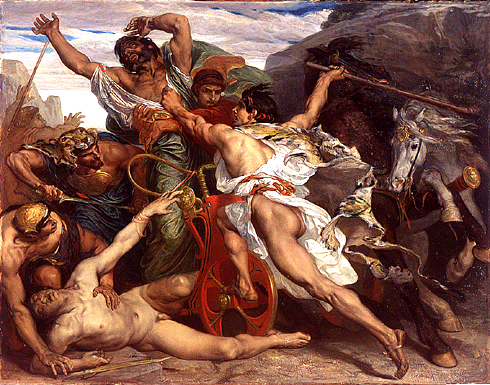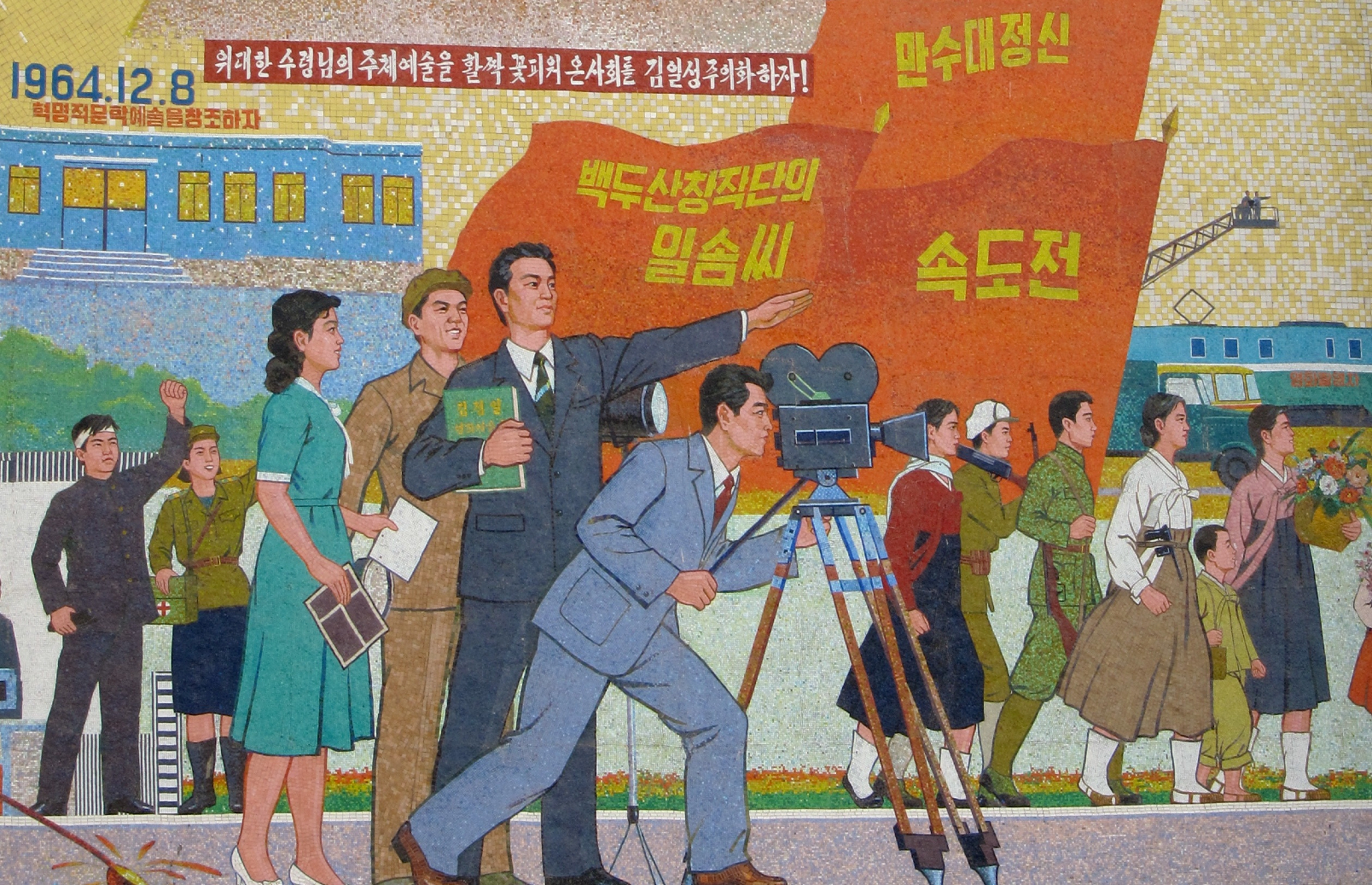Why most modern movies suck

- According to scriptwriting gurus, movies are bad if they disregard the basic rules of storytelling, which were developed by the ancient Greek playwrights.
- However, movies are also bad if they blindly obey these rules without showing personality or originality.
- Streaming services like Netflix briefly revitalized artful storytelling, but no longer.
When is the last time a movie made you hold your breath, shed a tear, or jump from your chair? Everyone has experienced these visceral reactions before, but they tend to be the exception rather than the norm. Most movies flash before our eyes without provoking the slightest thought or feeling, and within months, weeks, and sometimes even days, we forget all about them except maybe their lead actors. Why?
To understand what makes a bad movie bad and a good movie good, Hollywood has historically turned to its scriptwriting gurus. These people — also called script doctors or story consultants — claim to have turned the ancient and elusive art of storytelling into a hard science. For a price, they teach young filmmakers how to write critically and commercially successful blockbusters.
Robert McKee, author of Story: Substance, Structure, Style, and the Principles of Screenwriting, lives and dies by the notion that something “important and gripping” has to happen before page 27. He also insists a protagonist should be active rather than passive: If they do not actively move toward their goal, whatever it may be, the movie will fail to engage its audience.

The best piece of advice of Blake Snyder’s Save the Cat! The Last Book on Screenwriting You’ll Ever Need is in the title. Snyder believes that when screenwriters introduce their main character, they should highlight a quality that the audience will appreciate. They might do something heroic, like saving a cat, or something relatable, like stuttering when talking to their childhood crush.
Though far from foolproof, these principles can be applied to Casablanca, Citizen Kane, Chinatown, and thousands of other cinematic masterpieces. This is not surprising, as both McKee and Snyder are indebted to none other than Aristotle, whose Poetics — an analysis of the composition of Greek tragedies — introduced the concept of a three-act structure more than two millennia ago.
The plague of passable films
Many successful filmmakers, including Charlie Kaufman, strongly dislike the gurus. In Adaptation, a semi-fictional movie about his own experience with writer’s block, Kaufman attends a storytelling seminar from Robert McKee. He hopes the seminar will help him make progress on his script. Instead, teacher and student have a heated debate about what makes a good movie.
Kaufman rejects the notion that screenwriters should stick to a template. In the real world, he found success by making movies that question McKee’s advice. More important than structure, plot, character, or conflict are originality and authenticity. If you use a blueprint that has been around since Greek antiquity, your movie will not only become predictable, but dishonest.
Worse than bad movies — that is, movies that fail in terms of basic storytelling — are what essayist Evan Puschak refers to as “passable” movies. Passable movies tick every box in Story and Save the Cat! but lack creativity and personality. They feel like they were written by artificial intelligence and assembled in a factory, without any involvement from thinking, feeling humans.
Passable movies are of course made by humans. The problem is that those humans are more concerned with the craft of storytelling itself than they are with real life. Good movies, Puschak explains, “Make such acute observations about humanity that they can show us things about ourselves that we didn’t know or teach us how to articulate those things against a vast, unintelligible anxiety.”
Puschak continues: “When passable movies observe human experience, they observe it not through the lens of human experience, they observe it not through the lens of real life, but through the lens of other movies.” As a result, “many films released today are being cobbled together from a weird alternate reality that is only a dim echo of our own.”
Kaufman rewords the problem and offers a solution. “Say who you are,” he said during a talk for BAFTA. “Really say it, in your life and in your work. Tell someone out there — someone who is lost, someone who is not yet born, someone who won’t be born for 500 years. Your writing will be a record of your time. It can’t help but be. But if you’re honest, you will help that person be less lonely in their world.”
Has streaming made cinema better or worse?
If the 2000s and early 2010s were defined by Hollywood tentpoles, the late 2010s and early 2020s have seen a renaissance in independent cinema. This is due in part to the rise of streaming services, whose subscription-based business model makes it easier to cater to smaller audiences and give a platform to filmmakers that would not have received one in the past.
In their effort to attract film aficionados as well as compete with digital libraries like the Criterion Channel, Netflix made a habit of writing blank checks to talented filmmakers. Kaufman, the Coen brothers, Martin Scorsese, the Safdie brothers, and Spike Lee, to name just a few, were able to make movies the studio bosses in Hollywood had previously refused to pay for.
In response to a recent loss in subscribers, however, Netflix says it will stop greenlighting “vanity projects” like Scorsese’s critically acclaimed film The Irishman in favor of formulaic blockbusters with bigger budgets and wider appeal. Blockbusters like The Grey Man, starring Ryan Gosling and Chris Evans, was directed by the Russos, the same people in charge of Marvel’s Infinity War and Endgame.
Disney+ and HBO Max are following suit. This means that streaming — until recently an artistic and intellectual playground — will become more like the studio system it helped overthrow. In this system, only two types of movies were getting made: guru-certified, billion-dollar hits, and movies with shoestring budgets that endure only as cult classics, if they endure at all.
This is bad news because many good movies — from Citizen Kane to Adaptation — fall somewhere in between. They aren’t massive in scale and scope, but they aren’t microscopic either. They don’t appeal to everybody, but they also don’t appeal merely to a small minority. They remind us of a time when big players in the film industry took chances on artful storytelling. That time, it seems, is now over.





